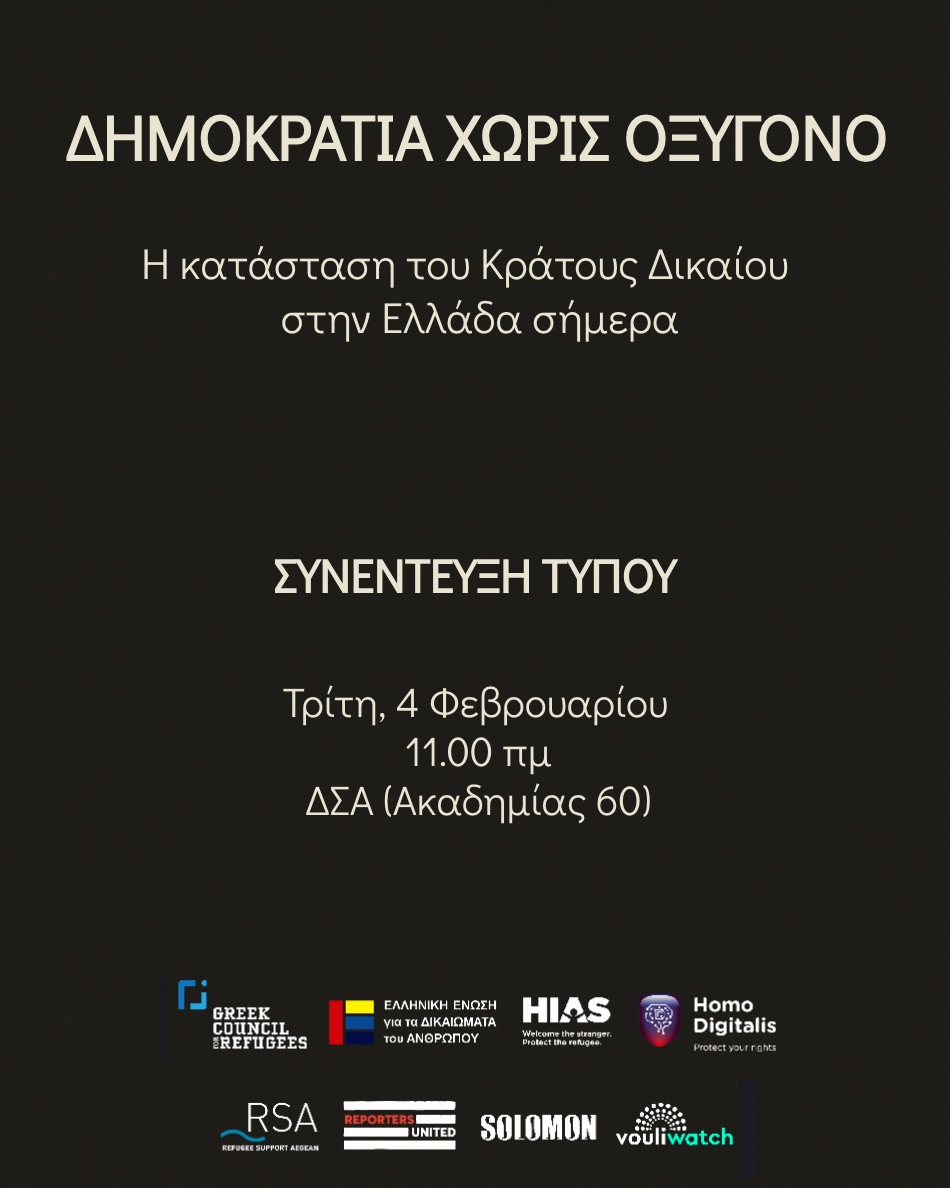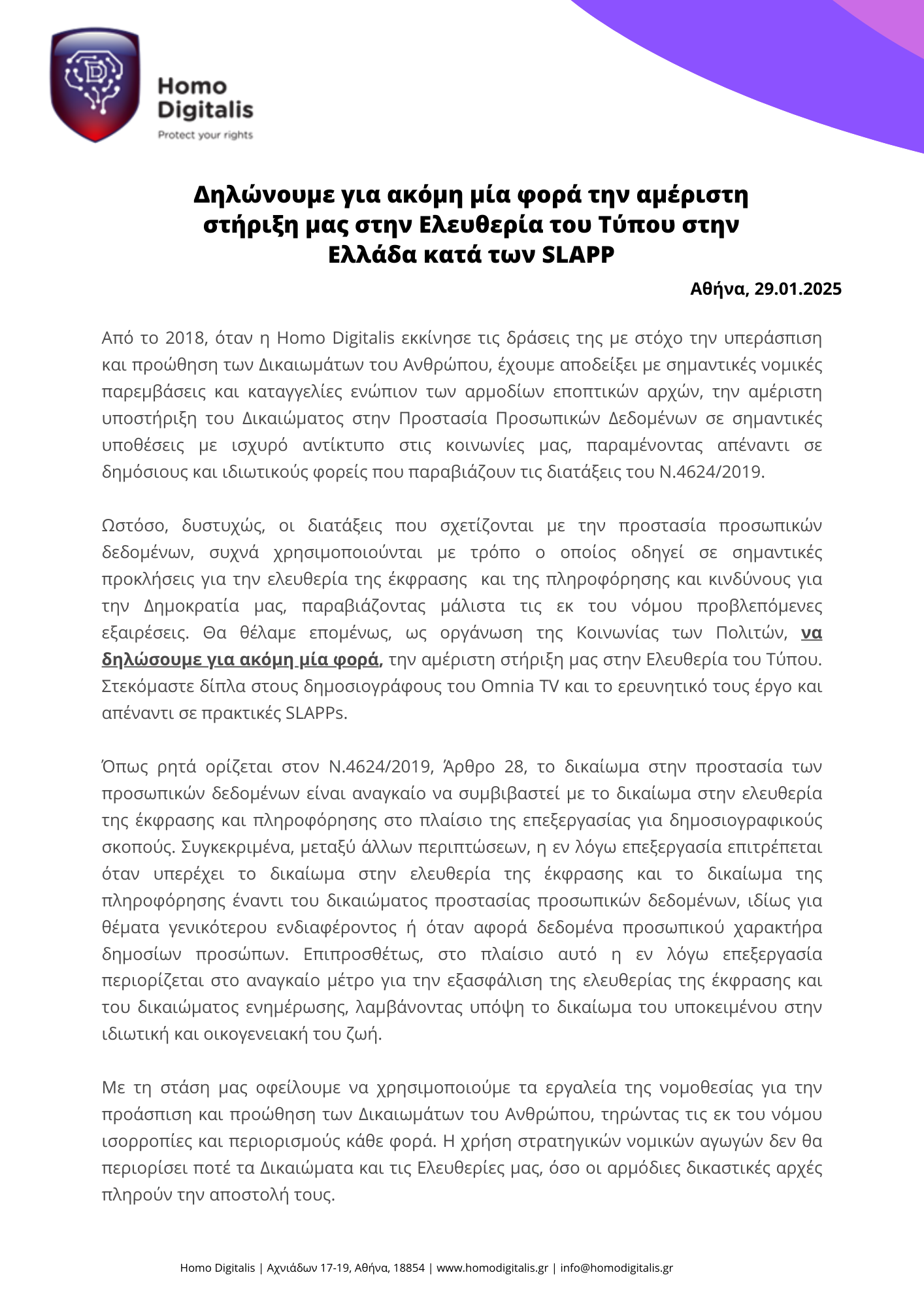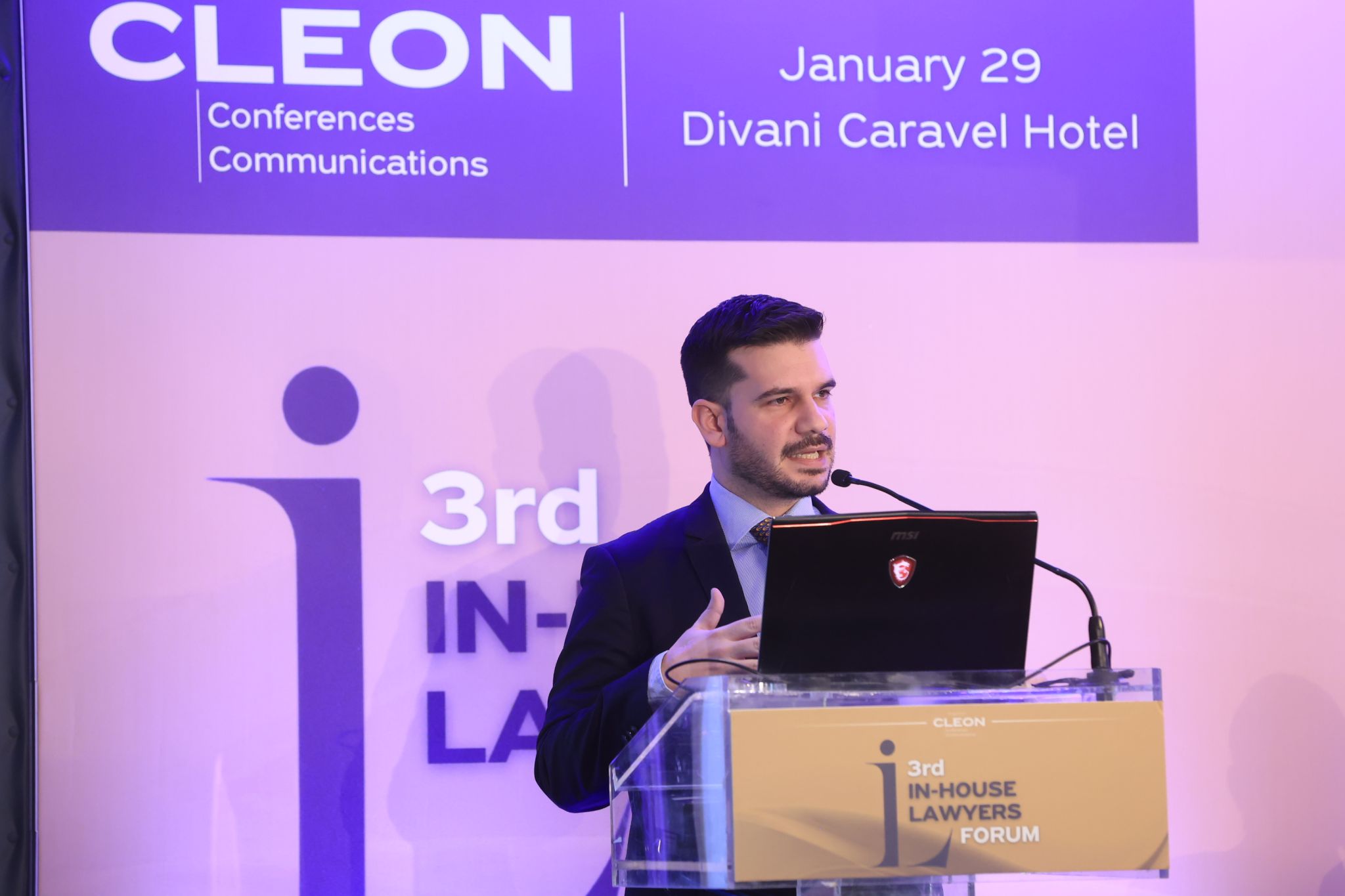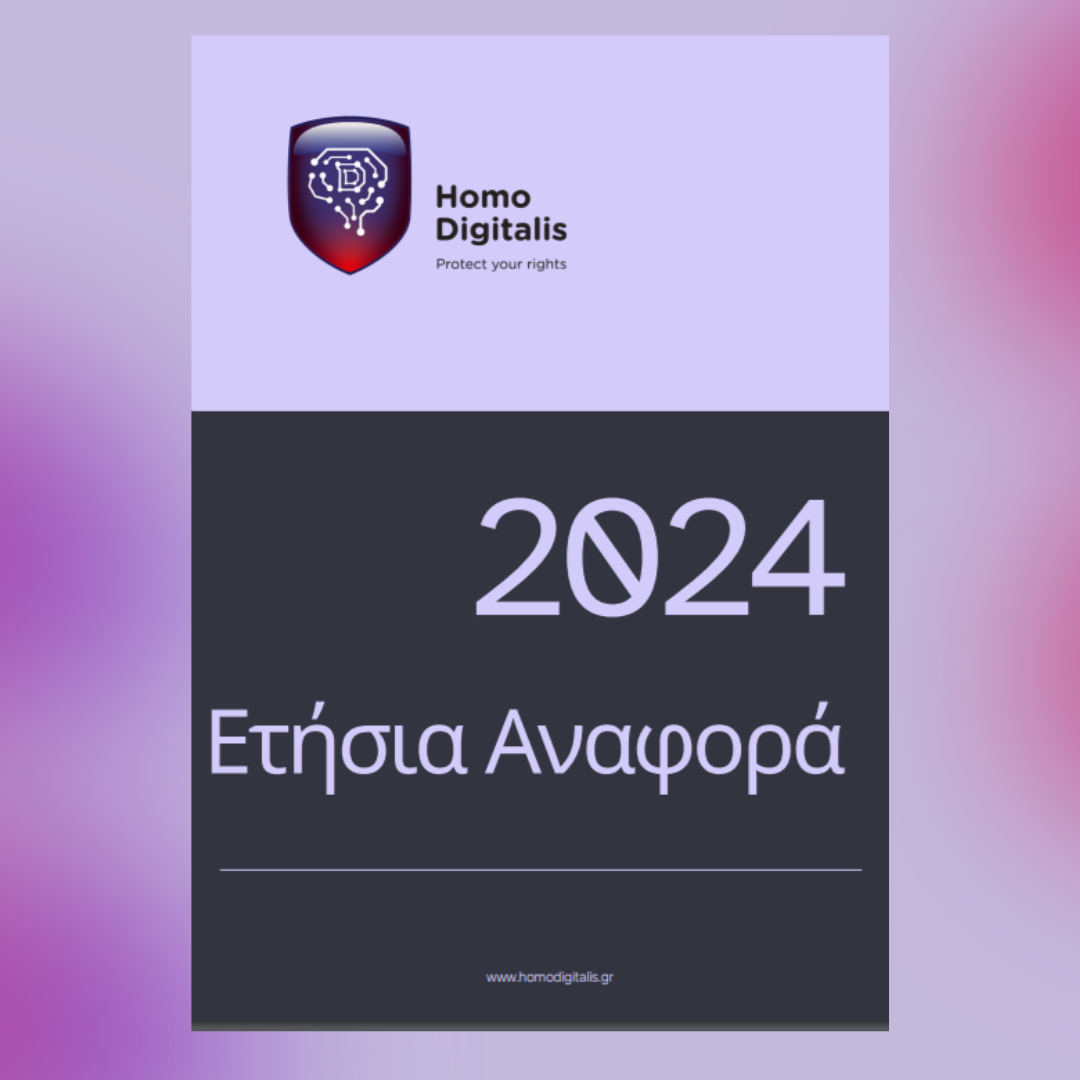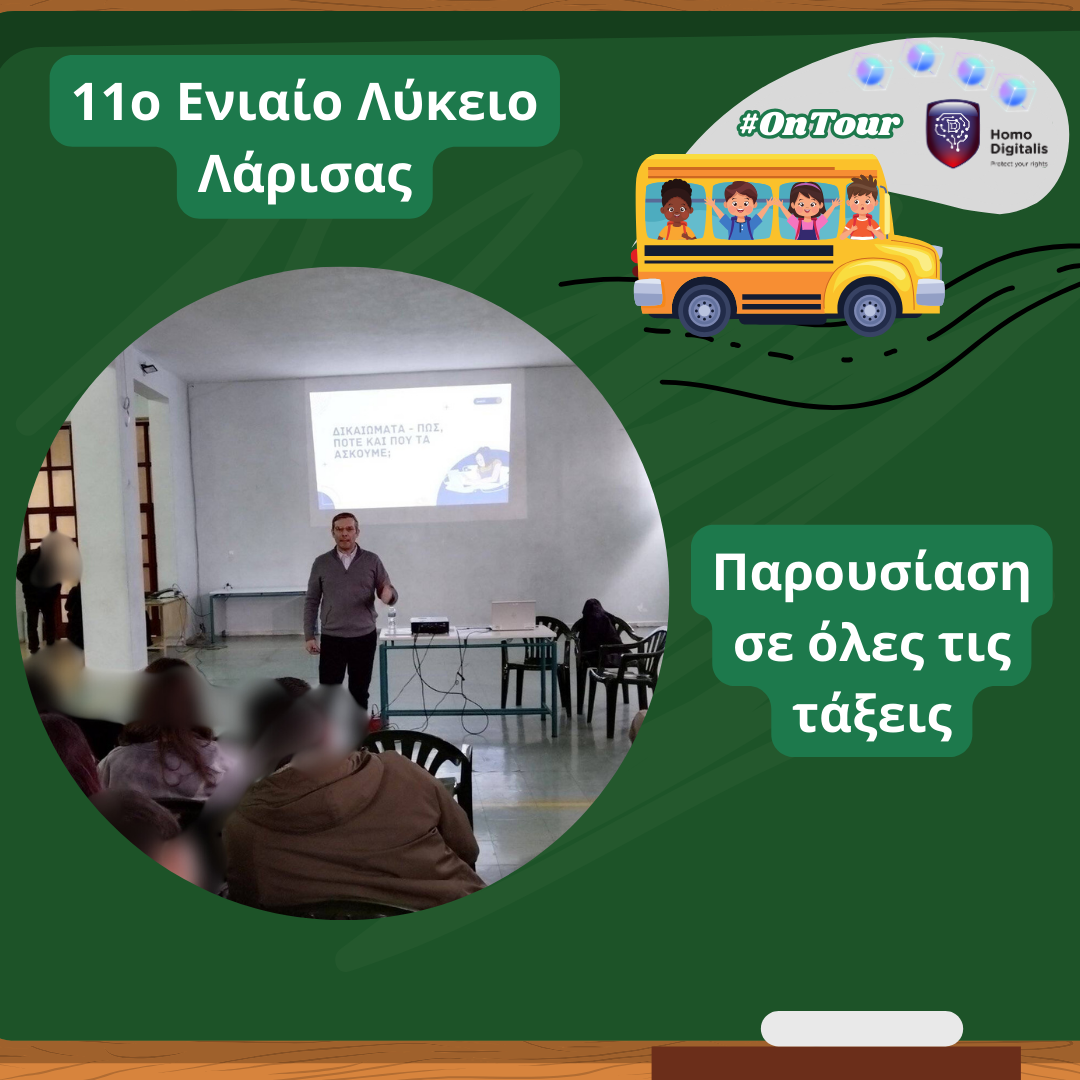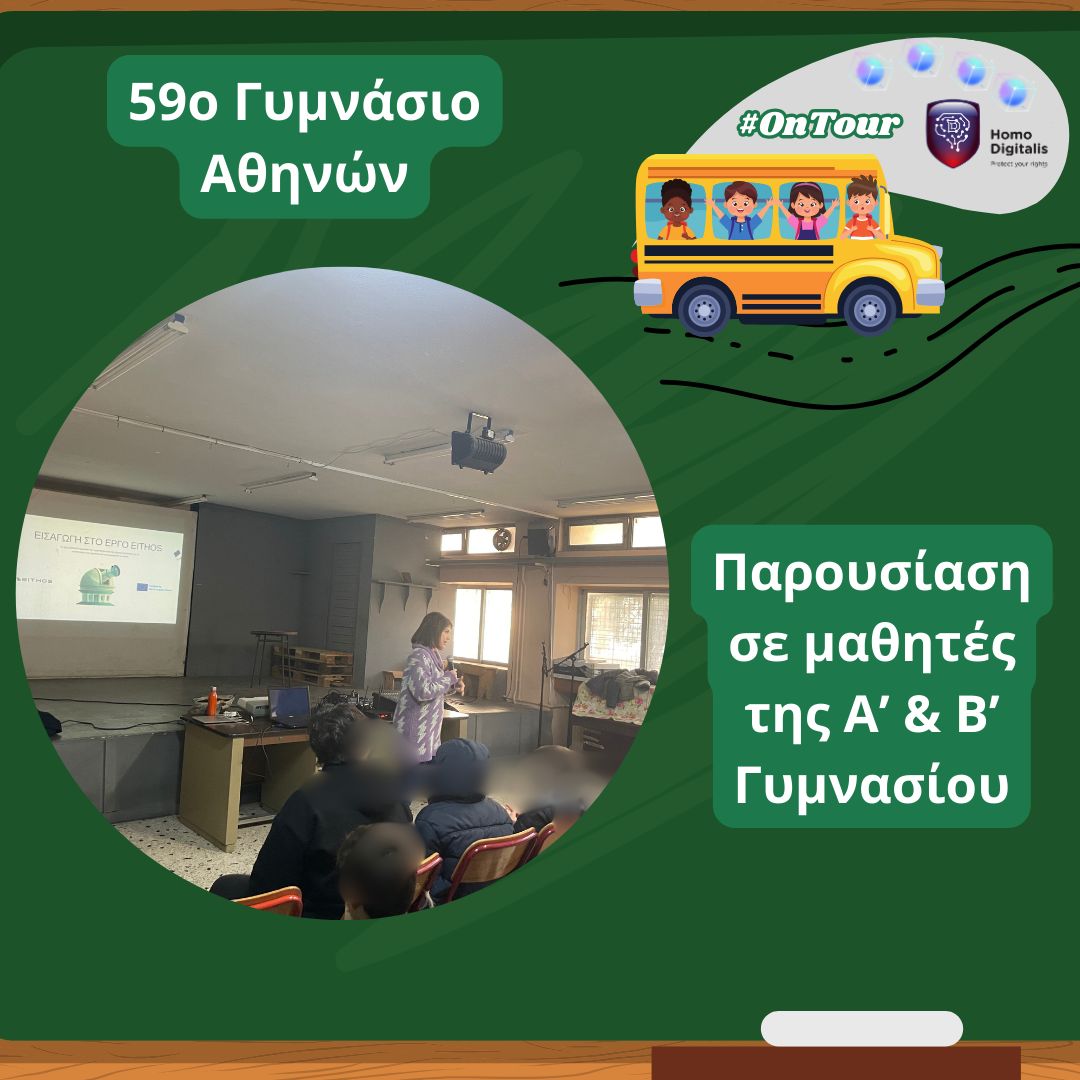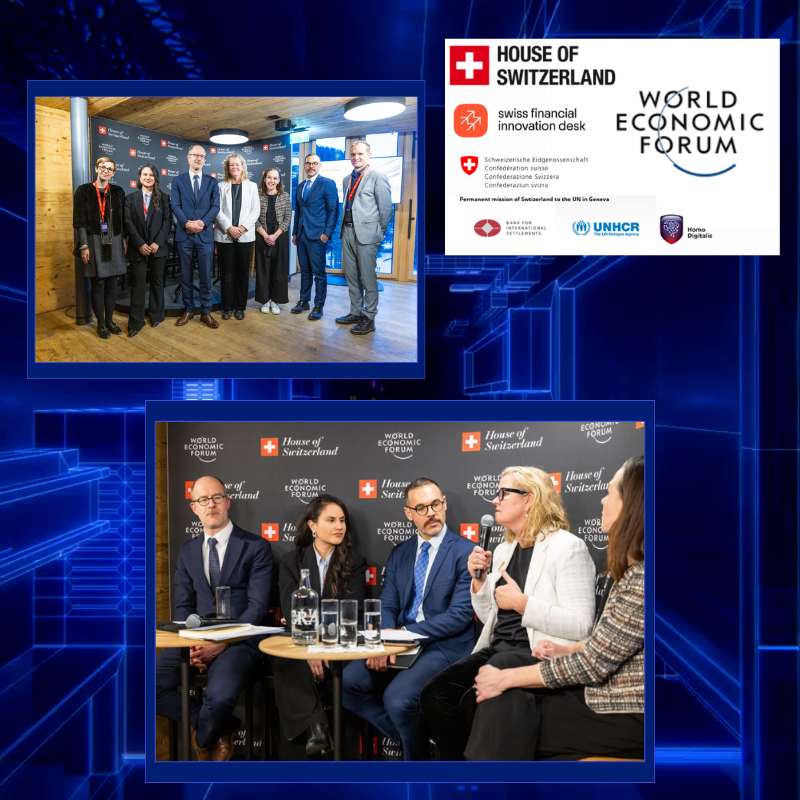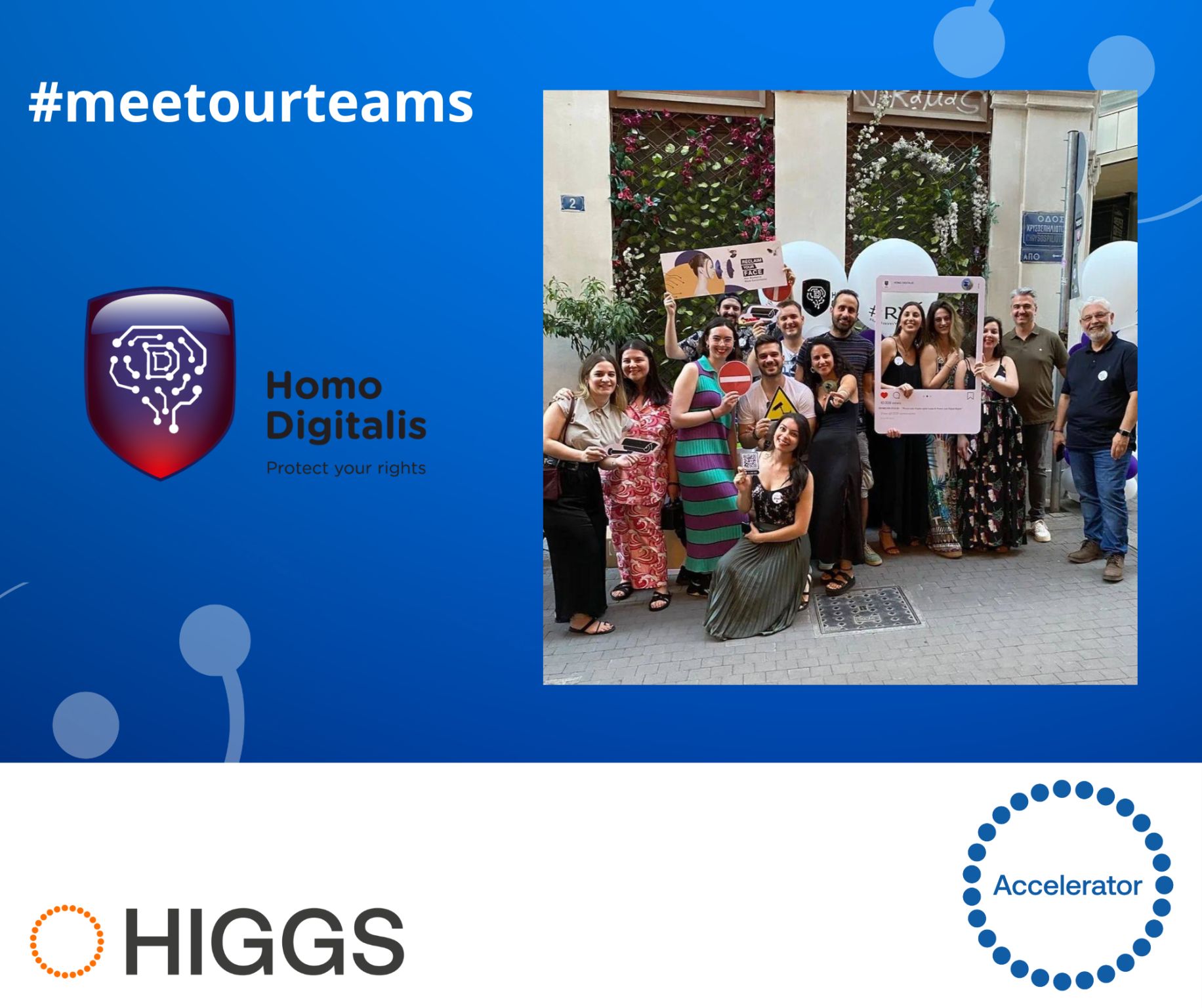Invitation to Press Conference: DEMOCRACY WITH NO AIR: The State of the Rule of Law in Greece Today
Illegal pushbacks, police violence, Pylos shipwreck, wiretapping scandal, Tempi train crash, absence of accountability and delivery of justice, poor law-making, “omnibus” legislation, constant and irrelevant legislative amendments, shrinking press freedom, attacks and lawsuits against journalists, concentration of media ownership, state breaches of personal data, corruption, lack of transparency in gifts to political figures and ministerial staff…
These are just some of the critical issues affecting the Rule of Law in Greece today. At a time when authoritarian politics, the re-election of Donald Trump, the rise of the far-right, growing social inequality, the dominance of populism in public discourse and attacks on human rights cast a dark shadow over democracy.
In light of these developments and the ongoing weakening of institutions in Greece, Greek Civil Society leads a pressing fight to safeguard the Rule of Law and to strengthen transparency and accountability.
Independent organisations Greek Council for Refugees (GCR), Hellenic League for Human Rights (HLHR), HIAS Greece, Homo Digitalis, Refugee Support Aegean (RSA), Reporters United, Solomon, and Vouliwatch, submitted for a third consecutive year a joint report to the European Commission on the Rule of Law in Greece in 2024, as part of the annual monitoring of national systems.
We demand a clear shift in the European Commission’s approach, focusing not on “commitments” or “intentions” of the state but on an accurate depiction of the situation in the country. Systematic violations of fundamental principles of the Rule of Law cannot be treated as isolated incidents.
We invite you to the Press Conference, which will take place on Tuesday 4 February at 11:00 a.m. at the Athens Bar Association. During the event, we will present our contribution and publish the report we submitted to the European Commission.
SPEAKERS
A welcome address will be delivered by the Vice President of the Athens Bar Association, Alexandros Mantzoutsos.
The report will be presented by:
Stefanos Loukopoulos | Vouliwatch
Minos Mouzourakis | RSA
Short interventions by:
- Lambrini Gyftokosta | Homo Digitalis
- Elli Kriona-Saranti | HIAS
- Alexandros Konstantinou | GCR
- Danai Maragoudaki | Solomon
- Katerina Pournara | HLHR
- Thodoris Chondrogiannos | Reporters United
The event will be moderated by journalist Natasa Giamali (MEGA TV).
Tuesday, 4 February | 11:00 AM – 1:00 PM | Athens Bar Association (60 Akadimias St., Athens)
The Press Conference will be held in Greek.
We declare once again our unwavering support for Freedom of the Press in Greece against SLAPPs.
Since 2018, when Homo Digitalis began its actions aimed at defending and promoting Human Rights, we have proven our unwavering support for the Right to Personal Data Protection in significant cases with a strong impact on our societies, through important legal interventions and complaints before the competent supervisory authorities, standing against public and private entities that violate the provisions of Law 4624/2019.
However, unfortunately, the use of provisions related to the protection of personal data is often employed in a way that leads to significant challenges for freedom of expression and information and poses risks to our Democracy, even violating the exceptions provided by law.
Therefore, as a Civil Society organization, we would like to once again declare our unwavering support for Freedom of the Press. We stand by the journalists of Omnia TV and their investigative work, opposing SLAPP practices.
As explicitly stated in Law 4624/2019, Article 28, the right to personal data protection must be reconciled with the right to freedom of expression and information in the context of processing for journalistic purposes. Specifically, among other cases, such processing is allowed when the right to freedom of expression and the right to information outweigh the right to personal data protection, especially for matters of general public interest or when it concerns personal data of public figures. Additionally, within this framework, the processing is limited to what is necessary to ensure freedom of expression and the right to information, taking into account the subject’s right to privacy and family life.
With our stance, we must use the tools of legislation to safeguard and promote Human Rights, respecting the legal balances and limitations each time. The use of strategic lawsuits will never limit our Rights and Freedoms, as long as the competent judicial authorities fulfill their mission.
Our statement is also available in press release format here
We are granting our patronage to the 3RD IN-HOUSE LAWYERS FORUM
Once again, Homo Digitalis has the great honor and pleasure of granting its patronage to the 3RD IN-HOUSE LAWYERS FORUM, organized by CLEON Conferences & Communications on January 29th at the Divani Caravel Hotel in Athens!
Among the speakers, we were proud to have some of our members, in their professional capacity, including our Board Secretary, Stefanos Vitoratos!
We thank the organizers for the collaboration, including Mr. Grigorios Leontidis. You can learn more about the conference here.
Our organization voluntarily grants its patronage to selected actions, initiatives, and other events, aiming to actively support and promote initiatives related to the protection of digital rights. If you have relevant goals and are interested in a pro bono collaboration, please contact us at info@homodigitalis.gr.
We are celebrating Data Protection Day by releasing our Annual Report
Today is January 28th, Global Data Protection Day! At Homo Digitalis, we are working hard to give real meaning to this day, ensuring it is not just another day of well-wishes.
Therefore, today, one year after our last celebration, we are releasing our Annual Report for 2024, which includes all of our successes and significant actions in the areas of awareness-raising, co-shaping policy decisions, and strategic legal interventions in the context of protecting our digital rights!
Additionally, this year we have the honor of having the President of the National Commission for Bioethics & Technoethics, Mr. Charalambos Tsekis, introduce our annual report, offering his thoughts on 2025 and the challenges and opportunities arising from the use of Artificial Intelligence, with an eye to the future.
Finally, continuing to set high standards in the area of transparency, our annual report also includes our financial statement, just as in our past deliverables.
A big thank you to the Board of Directors, our employees, our network of volunteers, our partners, and our donors for all that we have been able to achieve!
Let’s therefore honor another Data Protection Day not only with celebrations but also with a critical approach to technological solutions, key interventions, and hard work!
You can read our Annual Report here (in EL).
New Volunteer Awareness Actions - 11th Unified High School of Larissa
Last week, we participated in yet another volunteer-driven awareness action, this time at the 11th Unified High School of Larissa!
There, our member and cybersecurity expert, Tasos Arabatzis, spoke to over 80 students and teachers from all high school grades about the rights we have in the digital space, as part of our educational presentation “Digital Footprint.”
We would like to sincerely thank the school’s principal, Mrs. Evangelia Kremetzi, for the kind invitation and excellent cooperation. We also thank Tasos’ company, Bora – Cybersecurity Marketing, which always gives him the flexibility to represent us in schools and other organizations voluntarily during working hours.
If you are interested in learning more about our pro bono awareness actions in schools, exclusively funded by our own resources, or if you are interested in organizing related actions at your school for the new school year, feel free to send us your messages at info@homodigitalis.gr
New Volunteer Awareness Actions - 59th High School of Athens
Last Thursday, January 23rd, we were at the 59th High School of Athens! There, we spoke for 4 teaching hours to over 200 students and teachers from the 1st and 2nd grade of high school about our digital footprint and cyberbullying! Our Director for Human Rights & Artificial Intelligence issues, Lambrini Gyftokosta, and our co-founder Eleftherios Chelioudakis represented us. The content of our presentations also includes material related to online identity theft, developed by the European research project EITHOS, in which Homo Digitalis participates voluntarily in the Ethics Advisory Board.
We would like to sincerely thank Counselor Mrs. Christina Kalfoglou, the Principal Mr. Katsikas, and the Teacher Mr. Sotiris Manousakis for the invitation and excellent cooperation! A big thank you also to the students for their active participation and trust.
If you are interested in learning more about our pro bono awareness actions in schools, exclusively funded by our own resources, or if you are interested in organizing related actions at your school for the new school year, feel free to send us your messages at info@homodigitalis.gr
Homo Digitalis spoke at the World Economic Forum in Davos, Geneva.
Doing More With Less at Geneva Day in Davos: How to address growing needs in times of economic uncertainty?
We explored this crucial question on Monday 21/1 during a panel discussion held as part of Geneva Day at the House of Switzerland in Davos. We were proud to participate in this event co-organised by Swiss Financial Innovation Desk and the Permanent Mission of Switzerland to the United Nations in Geneva, during the World Economic Forum 2025.
This engaging discussion explored emerging technologies such as Artificial Intelligence (AI), Blockchain, and Central Bank Digital Currencies (CBDCs), combined with innovative fiscal policies, as tools to meet the critical challenges of tomorrow. Our president, Elpida Vamvaka, represented our team speaking about our important actions and victories in the field of AI in Greece, as well as the NGI – The Next Generation Internet NGI TALER project, building a new, privacy-preserving, secure electronic payment system based on open standards, free software, and advanced cryptography.
A heartfelt thank you to the organisers and the distinguished panelists Christoph König, Deputy State Secretary, State Secretariat for International Finance SIF, Kelly T. Clements,, Deputy High Commissioner at UNHCR, the UN Refugee Agency, Daniel Eidan, Advisor & Solution Architect at Bank for International Settlements – BIS Innovation Hub.
The amazing Eva Selamlar-Leuthold, Head of Swiss Financial Innovation Desk (FIND), moderated this particularly dynamic and insightful discussion in a unique manner.
We would also like to extend our warmest thanks to Jonas Pasquier, Head of Global Affairs at the Permanent Mission of Switzerland to the UN in Geneva, his entire team, the Mission, as well as the Presence Switzerland team at the House of Switzerland, for making this event a success.
Would you like to get more insights from this discussion. Stay tuned for an upcoming publication by the Swiss Financial Innovation Desk, here.
New Volunteer Awareness Actions - 7th Technical High School of Larissa
Last Wednesday, January 15th, Homo Digitalis member and cybersecurity expert Anastasios Arabatzis spoke to 100 students of the 7th Technical High School of Larissa about our actions. We would like to sincerely thank the teachers for their kind invitation and the students for their attention. More awareness actions are coming up in Larissa in the coming days! Stay tuned!
We continue our participation in the Accelerator program of HIGGS
We continue our participation in the Accelerator program of HIGGS. The team of Homo Digitalis has been participating in the Accelerator program of HIGGS since October 2024, and now the second cycle of intensive seminars is starting with the aim of training us to improve our organizational structures as well as the management of our operations.
Specifically, the Accelerator program helps us learn, improve, and shape a better strategy for our future. The opportunity to participate in this program gives us access to high-level information that will help us improve the management and actions of Homo Digitalis, as well as the chance to develop a unique network of contacts with other organizations in the public sector and experts in the field!
